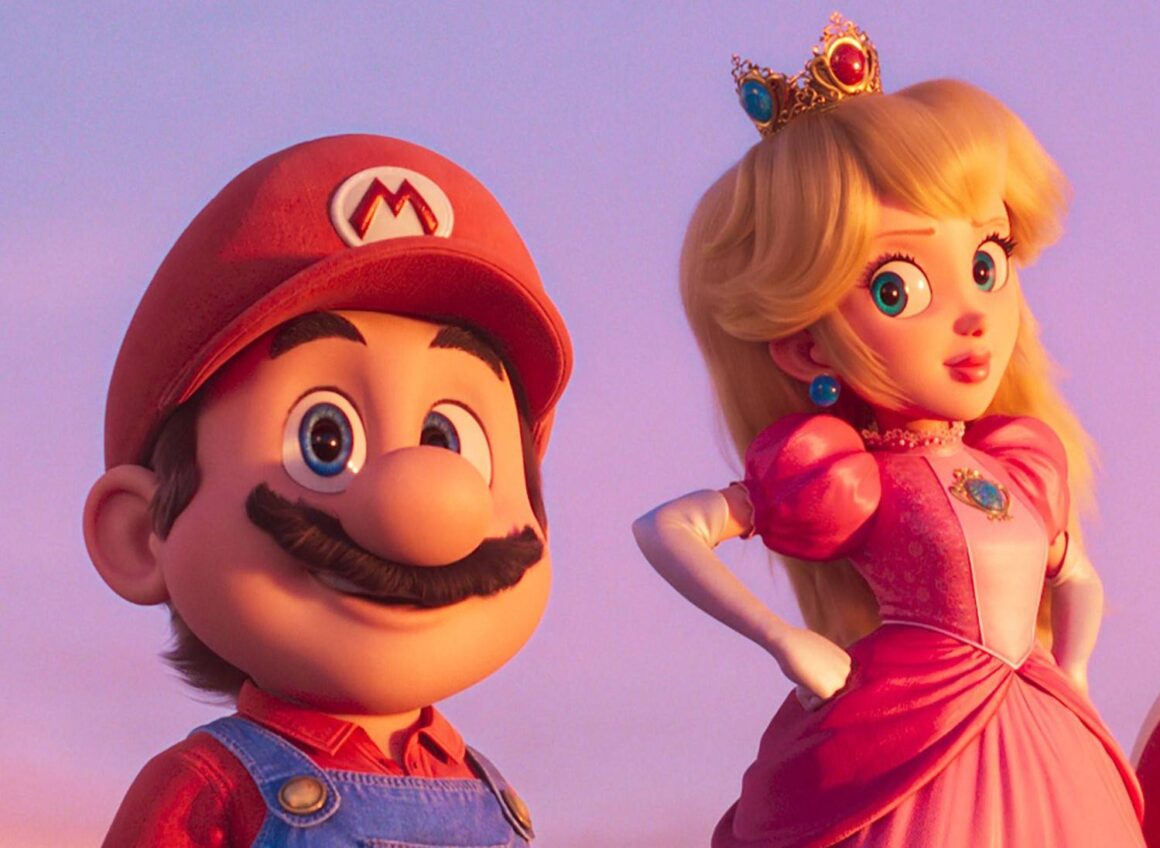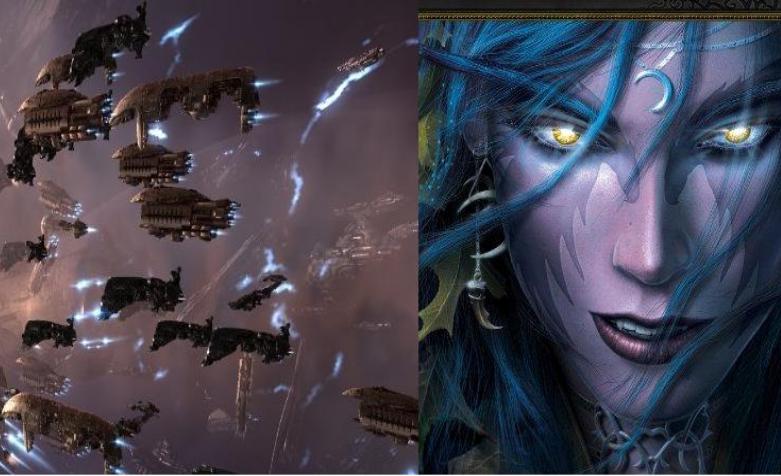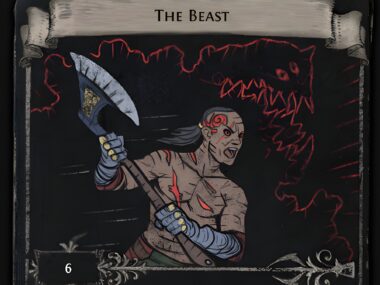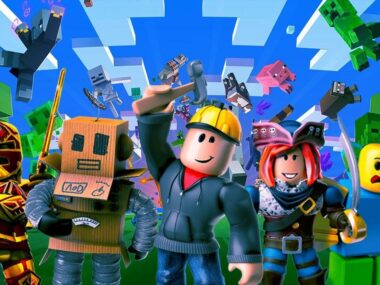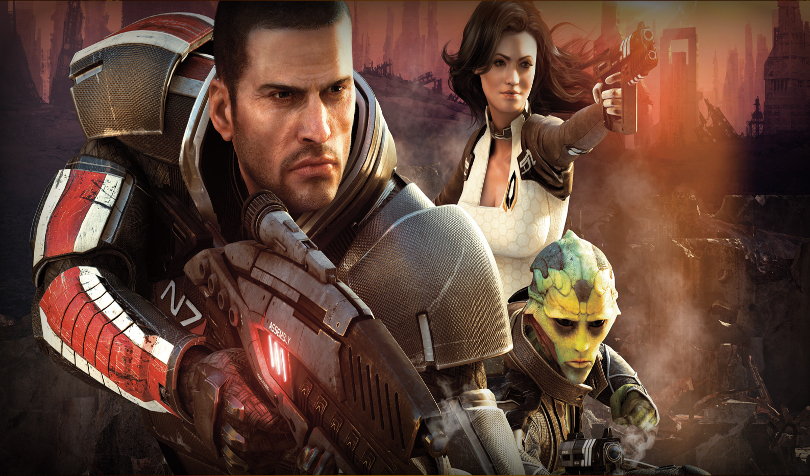Nintendo is now insisting that Mario and Princess Peach are simply “good friends who help each other out.” That’s the official stance the publisher shared via the Nintendo Today app.
While it may sound harmless, the internet wasn’t having it. After decades of winks, blushed cheeks, hand-holding, and even an on-screen proposal, fans are wondering why is Nintendo backpedaling on a relationship it heavily implied for years?
Wait, Since When Were They Not a Couple?
For many fans, the idea that Mario and Peach are a couple isn’t just headcanon. It’s been heavily supported by the games themselves. The clues are everywhere:
- Super Mario Galaxy calls Peach Mario’s “special one,” and the two are shown holding hands.
- In Super Mario RPG, Peach refers to Mario as her “knight in shining armor.”
- Mario Power Tennis shows Mario openly telling Peach he loves her and she blows him a kiss.
- Mario Party 5 literally labels them the “Cutest Couple.”
- Super Mario Odyssey ends with Mario proposing to Peach, even if it’s in the middle of a chaotic spat with Bowser.
- Nintendo has released Valentine’s Day cards featuring Mario and Peach together.
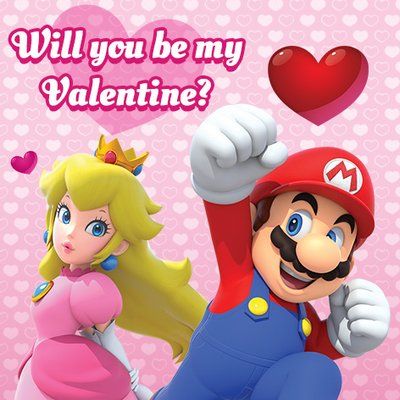
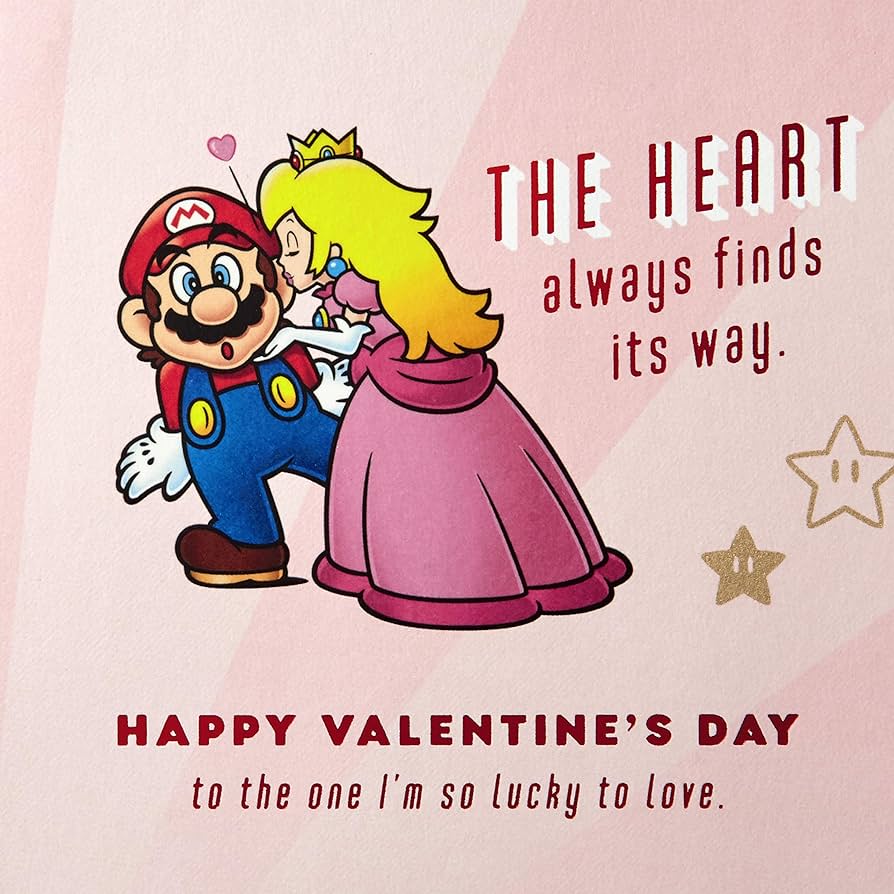
Even baby versions of the characters weren’t spared. The Yoshi’s Island DS guide cheekily referenced the “romantic entanglements” of Baby Mario and Baby Peach’s future adult lives. These are in-game and in-guide moments that have cemented the pair’s romantic status in pop culture for decades.
Nintendo Wants to Have It Both Ways
To be fair, Nintendo has never explicitly confirmed Mario and Peach as a romantic couple in any mainline game. There’s a pattern here, and it goes beyond just this duo.
Nintendo tends to frame its leading characters’ relationships as deliberately ambiguous. Whether it’s Mario and Peach or Link and Zelda, the rationale is pretty clear:
- Character Flexibility: Avoiding canon romance makes it easier to drop characters into new, wildly different stories.
- Narrative Simplicity: A clean slate every time means no need to honor past plotlines.
- Max Appeal: Romantic entanglements might alienate some audiences, especially younger or newer fans.
- Cultural Nuance: In Japanese media, things like a kiss on the cheek or a shared cake don’t always signal romantic love the way Western audiences might think.
On the other hand, Nintendo has also spent decades encouraging fans to read into these pairings. If the goal is narrative flexibility, then don’t show Mario proposing to Peach. Maybe don’t publish marketing materials labeling them a couple. Or don’t drop a thousand breadcrumbs and then act confused when fans follow the trail.
Why Fans Feel a Bit Played
It’s not that anyone’s losing sleep over a fictional plumber’s love life. The contradiction is what’s frustrating. You can’t hint at romance, cash in on it, and then act like fans were just making things up. Whether or not Nintendo intended Mario and Peach to be a couple, they presented them as one, over and over again.
This move erases years of shared understanding between Nintendo and its audience. For some, they’re rewriting the emotional core of a franchise that’s been part of their lives since childhood.
So What’s the Real Game Here?
Nintendo’s latest statement seems to be about a larger strategy: preserving ambiguity to protect the brand.
In an era where franchises span games, movies, theme parks, and plush toys, locking characters into specific storylines might limit future storytelling options. That’s understandable but it also means that characters like Mario and Peach will never get to grow in any meaningful way. They’ll be trapped in an endless reset loop: forever friendly, vague and marketable.
While that might be good business, it’s a disappointing move for fans who hoped Nintendo’s storytelling would evolve alongside them.
Nintendo’s insistence that Mario and Peach are “just friends” is a quiet rewrite of decades of implied storytelling. While it makes sense from a branding perspective, it also highlights how companies use ambiguity to control interpretation. Even when it contradicts their own history.
Mario may not get the girl, but fans deserved a little more honesty than this.
